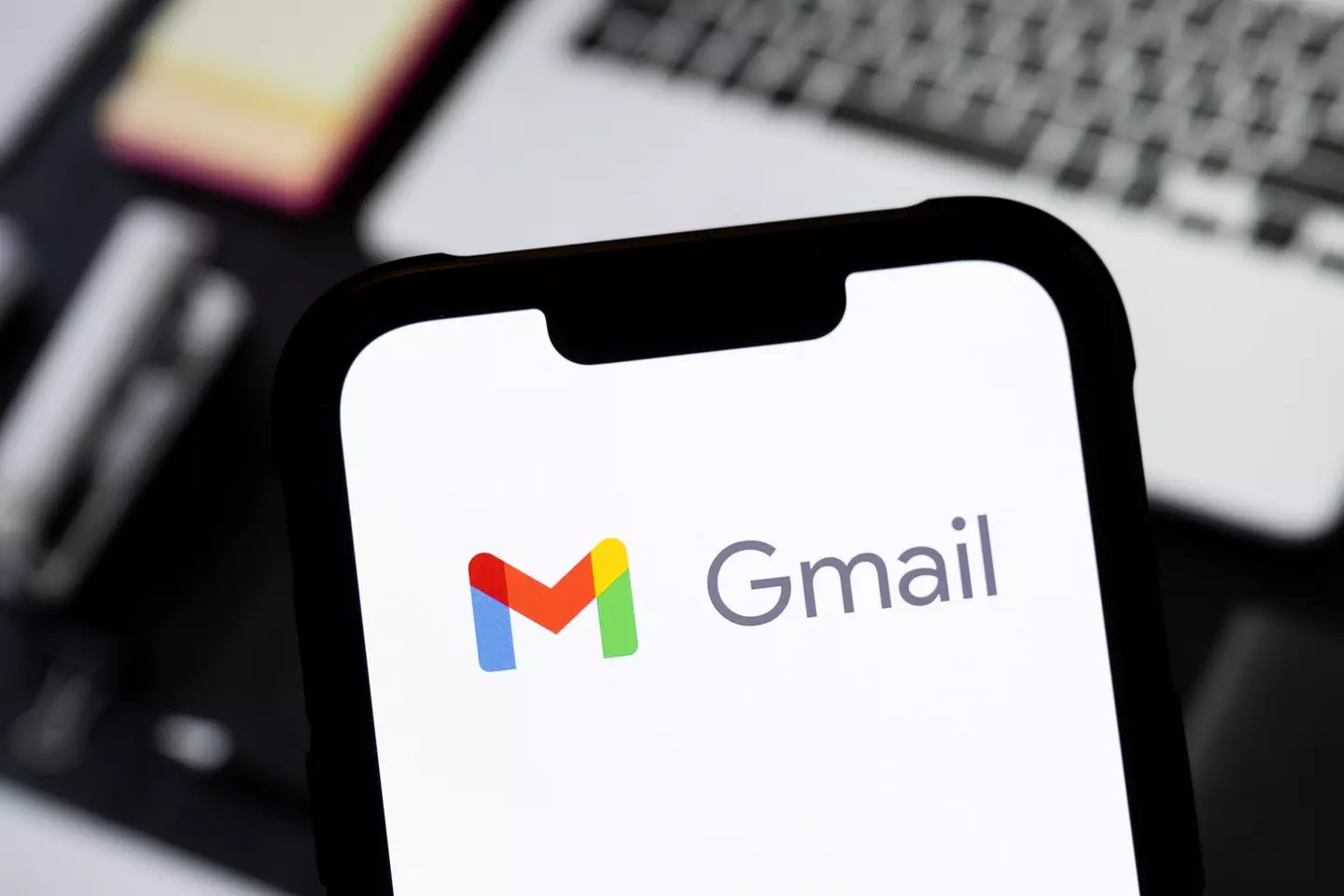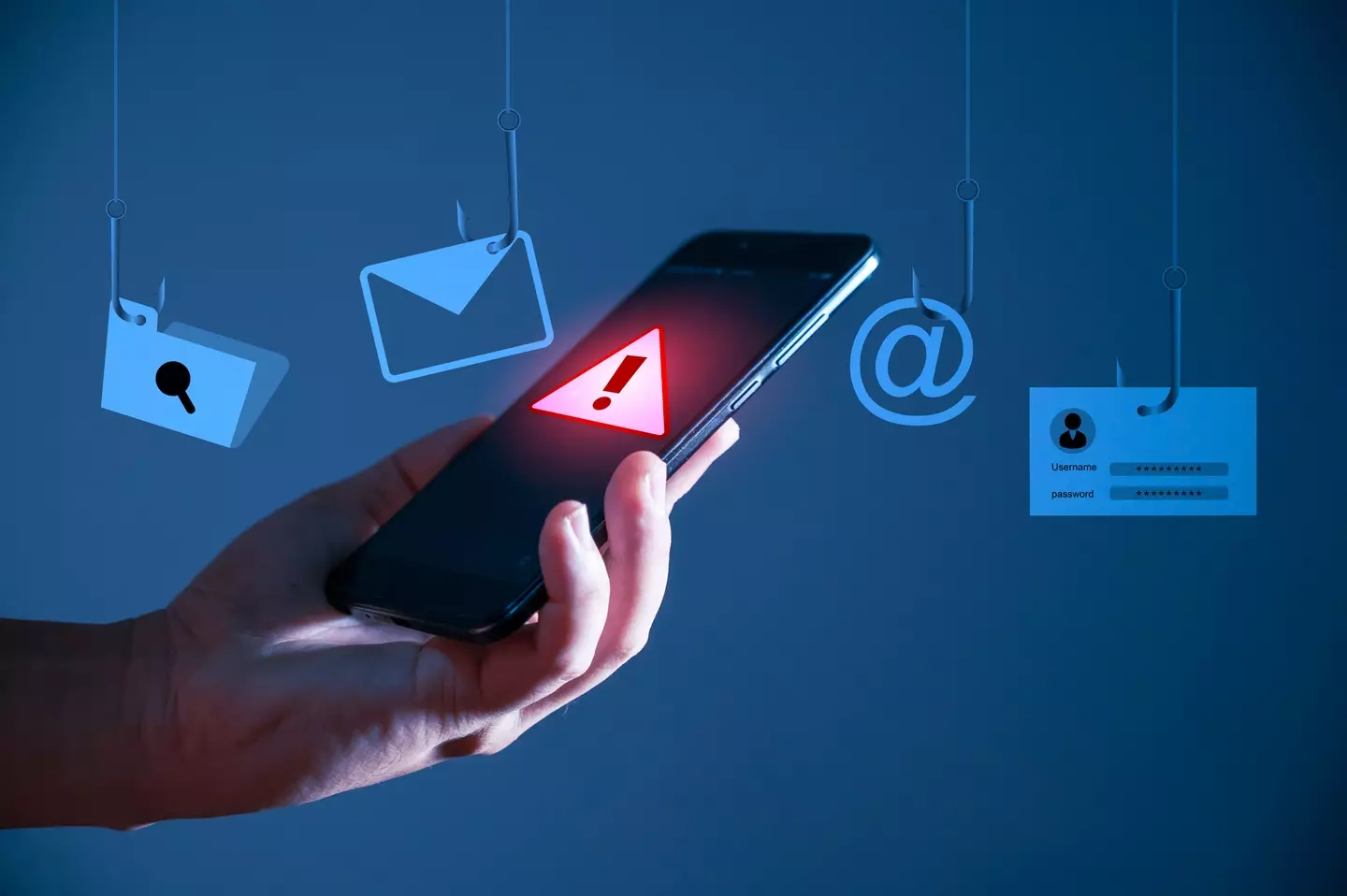


A whopping 2.5 billion Gmail users have been urged to be careful following a dangerous database hack.
Reports of hackers gaining access to Google’s Salesforce database systems has prompted urgent warnings for people with Gmail accounts.
According to Forbes, data has been compromised after Google was hacked.
These attacks have been confirmed by the tech giant, who have said that information such as customer and company names have been leaked but passwords have not.
Advert
This has resulted in people impacted now being vulnerable to potential phishing attacks, which is where hackers will send unsuspecting users seemingly innocuous emails in a bid to gain access to sensitive data such as banking information.

So, how can you avoid falling victim to a phishing attack? There are some simple steps that you can take to help protect yourself online.
First up, make sure you recognize the sender who is emailing you. Hackers will often use email addresses that appear to be legitimate on first glance, but a closer look will reveal a typo or other subtle errors.
Advert
If anything about the email or its domain seems strange or unofficial, then be cautious about opening any links and report anything suspicious to your email provider.
Hackers will sometimes rely on fear in order to create panic or urgency from a user to encourage them to hand over personal information.
You might receive an email that says ‘you have won a prize’ or ‘we’re closing your account’ but don’t follow any links unless you’re sure it’s a real email.
Advert
Attachments can also be malicious so take care before opening anything you don’t recognize.

In order to exercise extra caution, it’s advisable to enable two-factor authentication on your account.
Advert
This will require you to verify your identity through a password and another way - usually a second email address or through a phone number.
This means that even if an attacker does get hold of your password, they won’t be able to gain access to your account without that second factor.
There are extra tools available to help protect your account, including security software, email filters, anti-phishing browser extensions, and antivirus software.
Advert
Most email providers like Outlook or Gmail will already filter any emails that are thought to be spam but the system isn’t fool proof so it’s best to be vigilant when opening anything from an unknown sender.